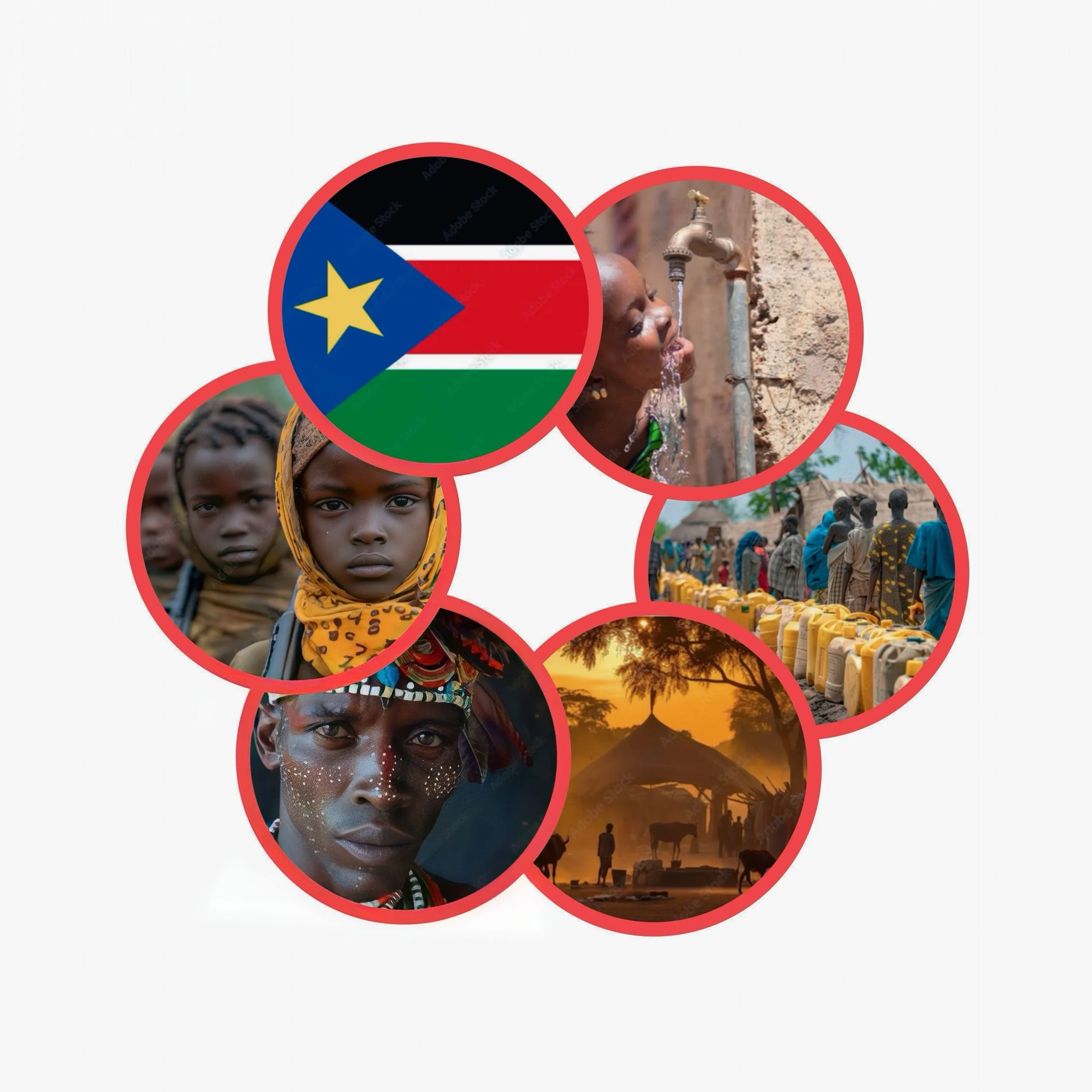What is Jamaica doing to curb violence to make it safe for citizens and tourists to attract foreign direct investments and retirees
Introduction
Jamaica has implemented several strategies and initiatives to curb violence and improve safety for both citizens and tourists, aiming to attract foreign direct investments and retirees. These efforts span various sectors and demonstrate a multifaceted approach to addressing crime and violence:
Law Enforcement and Crime Reduction Strategies
Strategic Policing
The Jamaica Constabulary Force (JCF) has implemented new crime-fighting strategies, resulting in significant reductions in major crimes.
A 19% reduction in murders was reported for 2024 compared to the previous year.
The National Coordinated Road Block (NCRB) strategy targets crime hotspots to reduce violent crimes and public disorder.
Specialized Units
The Area Fugitive Apprehension Team (AFAT) and Quick Response (QR) Teams have been established to enhance law enforcement capabilities.
Mobile police patrols are stationed in popular tourist areas and along main transportation routes to combat crimes against tourists.
Technology and Infrastructure
Investment in the JamaicaEye Programme, with 280 additional cameras to be installed in downtown Kingston.
Upgrading of the JCF’s mobile radio and microwave data networks to improve communications infrastructure.
Social Intervention and Youth Programs
Violence Prevention Initiatives
The Positive Pathways project supports families to prevent youth violence and develop pathway programs for at-risk youth.
Implementation of social intervention programs in high-crime communities through the Jamaica Social Investment Fund (JSIF).
Education and Skills Development
The Tourism Product Development Company’s ‘Team Jamaica’ program equips tourism professionals with skills to deliver exceptional service.
Expansion of violence prevention programs in schools.
Community Engagement
Establishment of community policing forums and neighborhood watch programs.
Focus on improving youth-police relationships and providing support for families to increase children’s resilience to violence.
Legislative and Policy Measures
Legal Reforms
Development of a new Firearms Bill to strengthen the legislative framework governing small arms reduction.
Implementation of the Domestic Violence (Amendment) Act 2023 to expand protections against gender-based violence.
National Action Plans
Development of a 10-year evidence-based National Action Plan by the National Commission for Violence Prevention.
Implementation of Plan Secure Jamaica, a whole-of-government approach focusing on 10 strategic areas including crime, violence, and public order.
Economic and Tourism Initiatives
Investment in Tourism Infrastructure
Continued investment in tourism development, with expectations of growth in visitor numbers and economic contribution.
Focus on preparing citizens to seize opportunities in the tourism sector.
Private Sector Engagement
Partnerships with the private sector to implement joint coordinated crime prevention interventions.
Efforts to mobilize financial resources from the private sector towards crime and violence prevention programs.
International Cooperation
USAID Partnerships
Collaboration with USAID on citizen security initiatives, focusing on preventing youth crime and violence.
Support for locally-led problem-solving and co-creation of interventions targeting risk and resilience factors.
Regional Leadership
Efforts to share best practices with other Caribbean countries, enhancing Jamaica’s regional leadership role.
Conclusion
While these initiatives demonstrate Jamaica’s commitment to improving safety and attracting investment, challenges remain.
The country continues to grapple with high crime rates, particularly in urban areas, and the U.S. State Department still maintains a Level 3 travel advisory for Jamaica due to crime concerns.
However, the government’s multifaceted approach and recent reductions in crime statistics suggest progress in making Jamaica safer for citizens, tourists, and potential investors.





